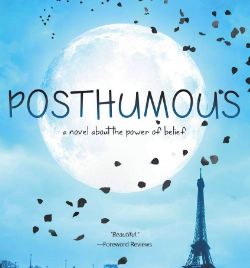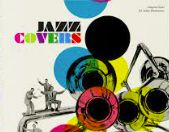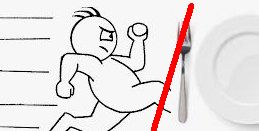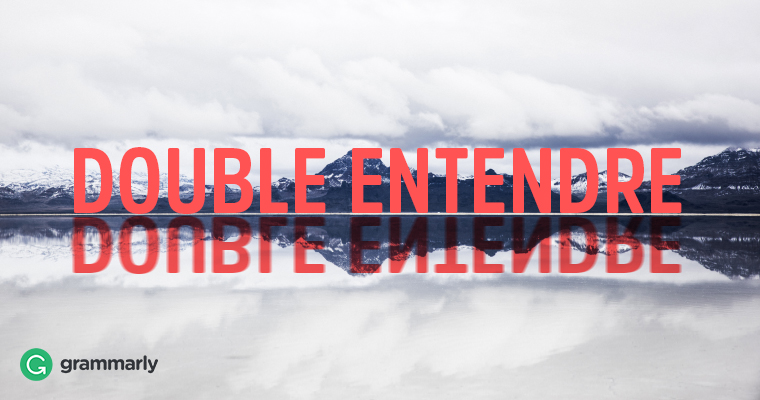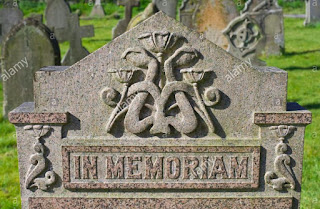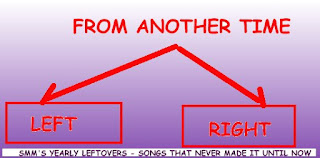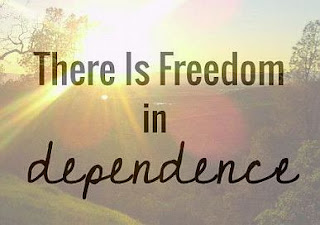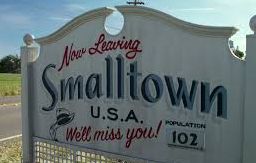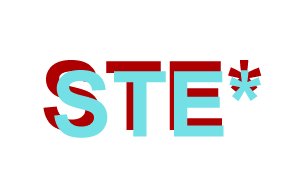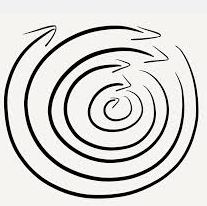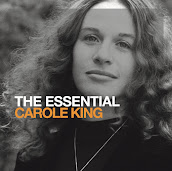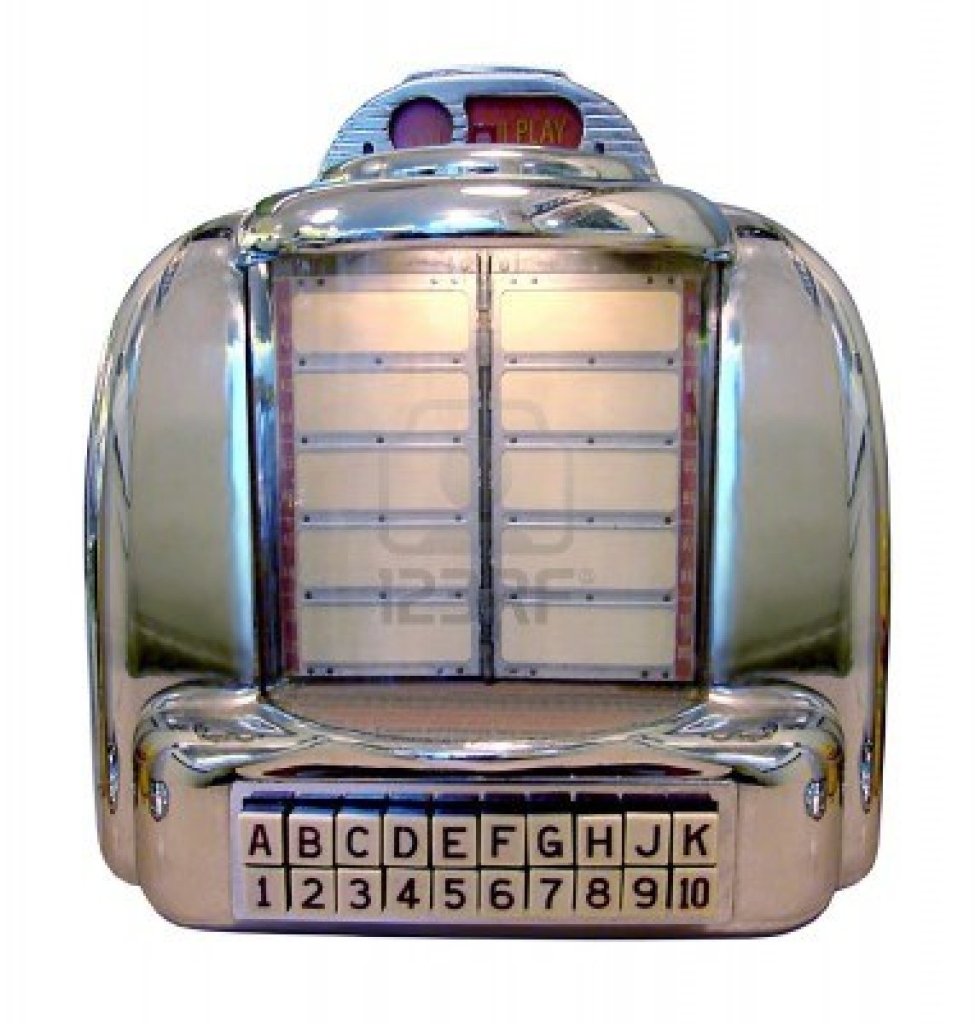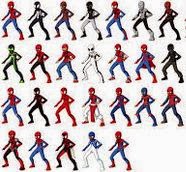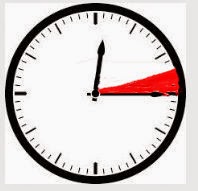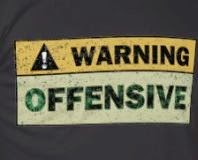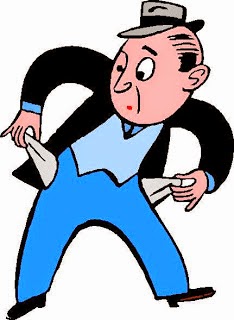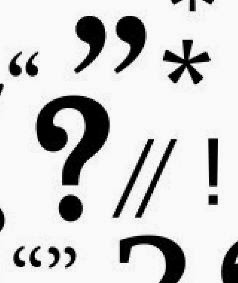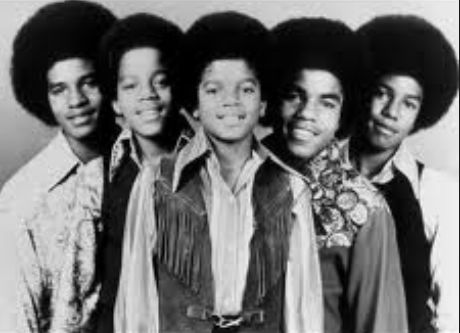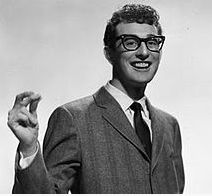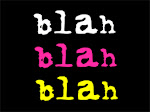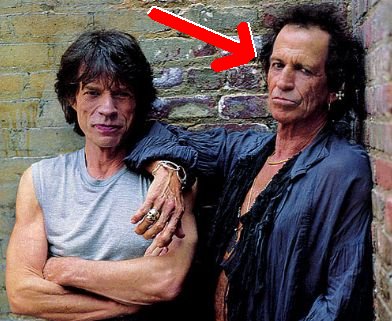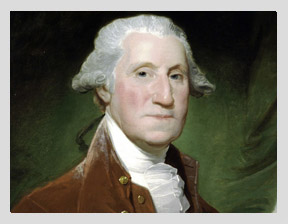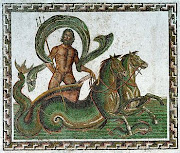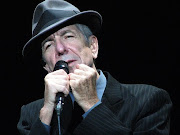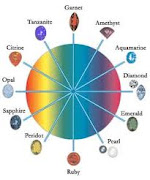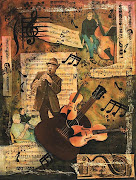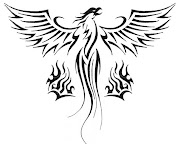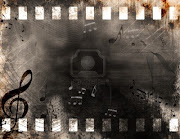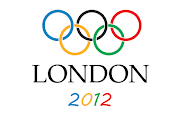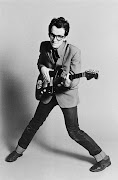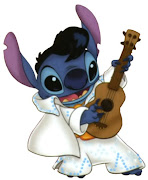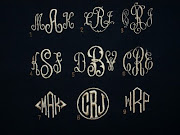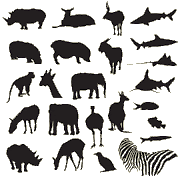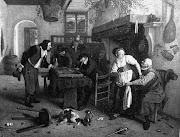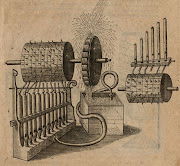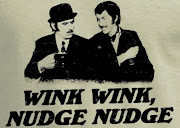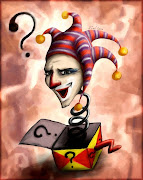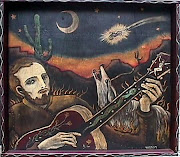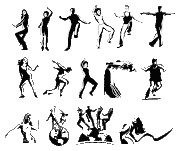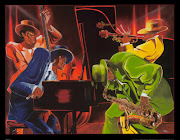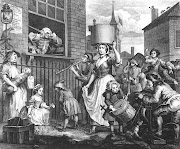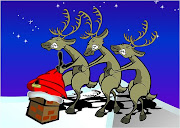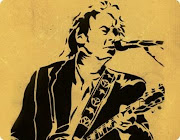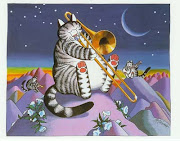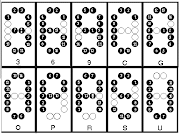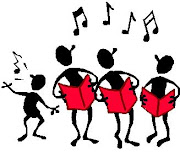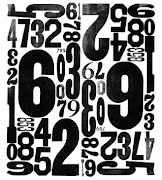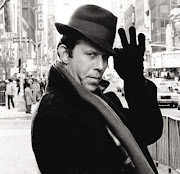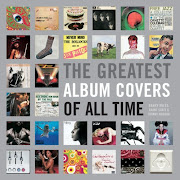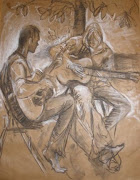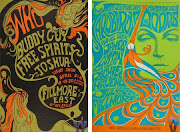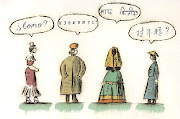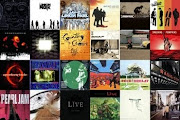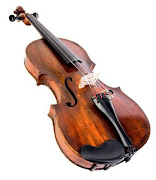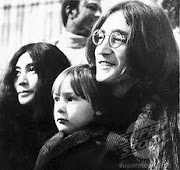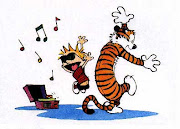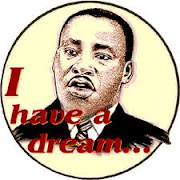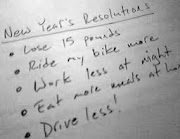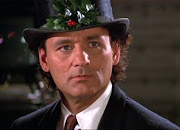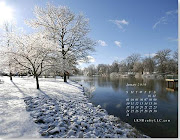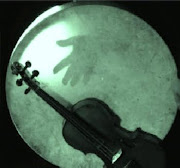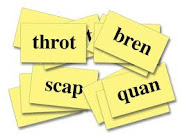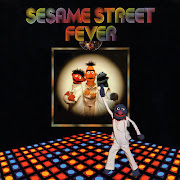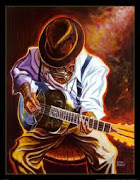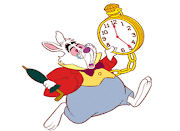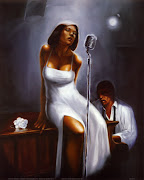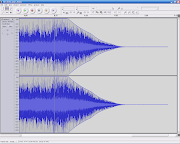
Mark Erelli: Hollow Man
[purchase]
Chuck E Costa: Hollow Man (Mark Erelli cover)
[purchase]
I grew up in a house where it was common practice not to speak of politics, and especially not of politicians; as an adult, I continue this practice, registering as an independent and preferring to keep my vote private from everyone, even my own spouse, no matter how many times my inner-city students might dismiss such machinations as an attempt to hide what they suppose to be a natural affinity for the white man's party.
But the political process, and the way it plays itself out, has a public immediacy for me nonetheless. For one thing, I am an elected official myself, mid-way through a second three-year term on the local School Board, which is no small practice in a small rural town where the schools consume roughly half of the town budget, and where the five elected board members have to negotiate carefully with town selectmen and finance committee to be able to afford basic services while preserving as much as we can of the ever-shrinking pool of electives and extra-curriculars which townspeople desperately want but will not pay for. And in my day job as a media teacher, I have long used the study of politics and media as a mechanism to illuminate the ways that living in a show business world obfuscates and denigrates the potential for genuine public discourse.
In the last two weeks alone, I have appeared in a televised meeting wearing a jacket and tie and talking policy and procedure, taught political cartoons, debates-as-genre, and the archetype of the presidential in modern society to my tenth graders, and spent two full days at a conference discussing new laws and regulations which will affect the students in my classroom and my district. For this, I get paid a pittance in one venue, and not a dime in the other, and in all cases, find myself most often booed for my efforts - even when I do good, and do it well.
And so, even with the election over, I find frustrating familiarity in Mark Erelli's 1999 political screed, which too-easily compares the elected official to a pumpkin-headed scarecrow. For even as my media mind knows that there is no small occasional truth in the stuffed-shirt empty-mind party politician which Erelli portrays, the public servant in me - unpaid, unloved, unfairly scapegoated, and too-often lonely in the act of trying to do the best thing with the meager resources the town grudgingly votes for us to apply each year - knows that to paint this image with such a broad and common brush is dangerous twice over: first, in the way it unfairly releases the citizen from the lion's share of responsibility for this sad state of affairs, and second, in that the common and casual pass-along of this sometimes-truth as a generalization taints even the best politicians and public servants with suspicion, making it that much harder for the democratic process to work in even the best of times, with the best of officials.
Don't get me wrong: it's a good song, and Erelli is a great artist, and a helluva nice guy; Connecticut State Troubadour Chuck E Costa, who is an equally sweet guy in person, does a solid cover, too. But while such sentiment sounds good on paper, and riles up the crowd, those of us who straddle the inside and the outside of the electoral process know that it is too easy, too cheap, to make generalizations like this outside of the three minute folkpop song.
And so I offer my insider's view as a sort of temperance, in hopes that the political songs never fade, but that the political minds never, ever stop there, either. We get what we deserve, if we do not learn how to effectively demand and receive better. And so ends today's civics lesson, for better or worse.





































